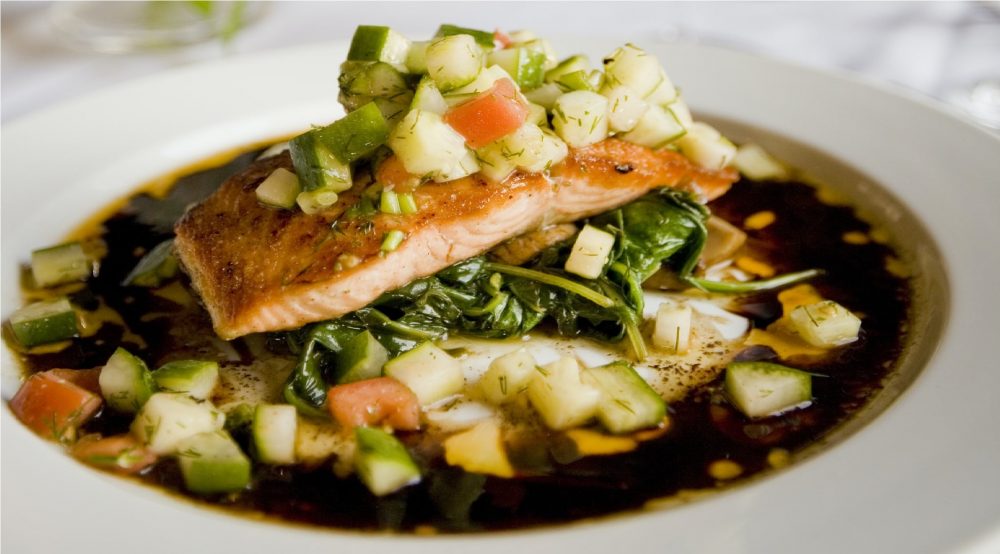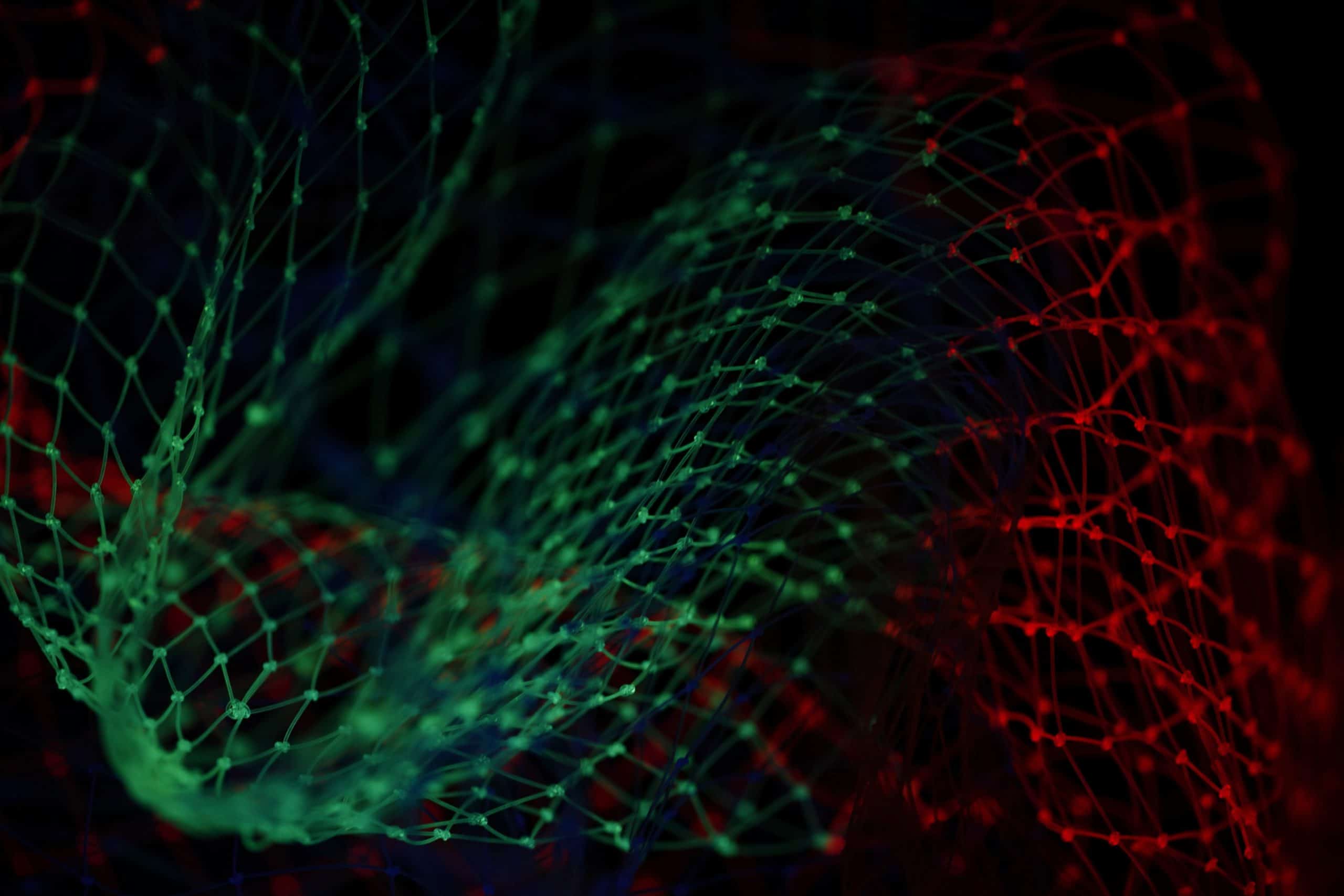
The origin of melting one’s cares away is unknown, but perhaps it resonates from Euripides revelation that “the sea washes away all men’s illnesses”. Whatever the origins, various industries from food and hospitality base their marketing strategies on “melting” your troubles away. ‘No cares’ are the human Nirvana.
Rather than being dependent in any psychological recovery self-help is very important. Self-help is recognised as important for patients but also doctors, caregivers and counsellors.
It can be hard to remember how to help yourself in a crisis or indeed how to prevent such crises developing. Acronyms have always been used in education but can help patients and professionals alike in self-help.
Acronyms … can help patients and professionals alike in self-help.
I have resorted to industry rather than the classics to help me melt my cares away. Hence M.E.L.T.E.D for mental health wellbeing.
M. Mindfulness
An industry has grown in terms of mindfulness and mental health. Most research show that mindfulness is associated with self-esteem, affect, and mental well-being and self-esteem was associated with affect and mental well-being.1 In the age of digitalisation, over scheduling and time poor humans this has particular importance for adolescents.
Exercise is such an important feature of a healthy life.
E. Exercise
Exercise is such an important feature of a healthy life that it stands on its own. It does not have to be all about 20mins a day. Sometimes a brisk walk is good for the soul and for re-energising.2 There is a growing body of literature that recognizes the positive effects of exercise on mood states such as anxiety, stress and depression, through physiological and biochemical mechanisms, including endorphins, mitochondria, mammalian target of rapamycin, neurotransmitters and the hypothalamic-pituitary-adrenal axis, and via the thermogenic hypothesis.
Laughter is the best medicine.
L. Laughter
Laughter is the best medicine and if only not taking yourself too seriously. Laughter has been shown to help those powerful feel-good endorphins.3
T. Talk
Mental ill health thrives on solitude so engaging with people is an important exercise. Sometimes not talking about issues is as important but the act of meeting humanity can take one out of oneself. It is not a linear relationship but talking does help.4
Talking does help.
E. Express your emotion
This the basis of many books and research articles but the ability to tell someone when you are not feeling well is very important.5 Expressed emotion (EE) is a relatively new term in the lexicon of mental health but the importance of EE in the understanding and prevention of relapse in a broad range of psychopathological conditions is appearing in many journals.
D. Diet
Regular eating habits are an important aide in mental health and in general wellbeing.6 Diet and obesity can affect mood. Stress-related mental disorders could lead to changes in diet habits that affect weight. Alternatively, common factors such as stress or predisposition could lead to both obesity and stress-related mental disorders, such as depression.
References
- Badri Baja et al. Self-esteem mediates the relationship between mindfulness and well-being, Personality and Individual Differences. Volume 94,2016,Pages 96-100,ISSN 0191-8869
- Kathleen Mikkelsen et al. Exercise and mental health,Maturitas,Volume 106,2017, Pages 48-56,
- Mora-Ripoll R. The therapeutic value of laughter in medicine. Alternative Therapies in Health and Medicine. 2010 Nov-Dec;16(6):56-64.
- Jeffrey A Hall, Andy J Merolla, Connecting Everyday Talk and Time Alone to Global Well-Being, Human Communication Research, Volume 46, Issue 1, January 2020, Pages 86–111,
- Butzlaff RL, Hooley JM. Expressed Emotion and Psychiatric Relapse: A Meta-analysis. Arch Gen Psychiatry. 1998;55(6):547–552. doi:10.1001/archpsyc.55.6.547
- Bremner, J.D.et al. Diet, Stress and Mental Health. Nutrients 2020, 12, 2428. https://doi.org/10.3390/nu12082428
Featured photo by Denys Nevozhai on Unsplash








